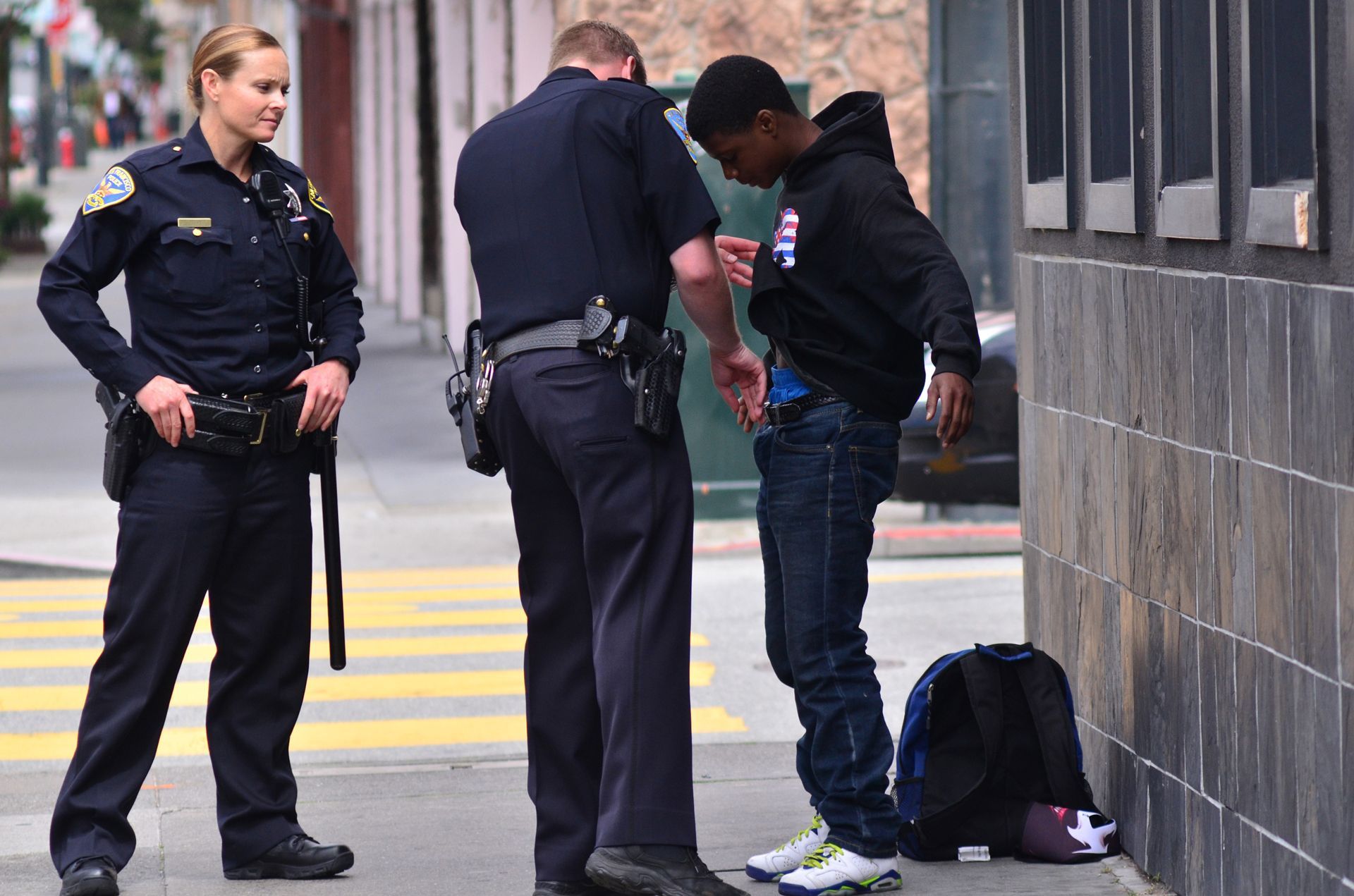Defense Against Unlawful Searches and Seizures in Honolulu, HI
The Fourth Amendment of the U.S. Constitution guarantees individuals the right to be free from unreasonable searches and seizures. In Honolulu and throughout Hawaii, this protection plays a central role in both criminal defense and civil rights litigation. When law enforcement officers violate these rights—by searching property without a warrant or detaining individuals without cause—the legal system provides remedies. Andre S. Wooten, Attorney At Law, represents clients who have experienced unlawful searches or seizures, seeking to challenge misconduct and suppress illegally obtained evidence.
The Legal Standard for Searches and Seizures
The Fourth Amendment protects citizens from arbitrary interference by the government in their personal lives, homes, vehicles, and communications. A search or seizure must generally be supported by a valid warrant, probable cause, or specific legal exceptions. When officers bypass these requirements, the search may be considered unconstitutional.
What Constitutes a Search or Seizure
A “search” occurs when government officials intrude into a space where a person has a reasonable expectation of privacy, such as a home, car, or personal belongings. A “seizure” occurs when the government takes possession of property or significantly restricts a person’s freedom of movement. These actions require legal justification under both state and federal law.
Common Types of Fourth Amendment Violations in Honolulu
Warrantless Home Searches
Police generally need a warrant signed by a judge to enter and search a private residence. There are limited exceptions, such as emergencies or consent. If an officer enters a home without meeting one of these exceptions, any evidence found may be inadmissible in court.
Vehicle Searches Without Probable Cause
While law enforcement has more leeway when it comes to searching vehicles, they still must have probable cause or valid consent. Traffic stops that turn into vehicle searches without evidence of illegal activity may violate constitutional rights.
Stop and Frisk Without Reasonable Suspicion
Police officers may briefly stop and pat down individuals if they have a reasonable suspicion that the person is involved in criminal activity and may be armed. However, stops without clear justification or frisking without a belief of danger violate established legal standards.
Illegal Detainment or Arrest
Law enforcement cannot detain or arrest individuals without probable cause. When officers exceed their authority—by holding someone for an unreasonable time or without evidence—a claim of unlawful seizure may be brought forward.
Searches Based on Invalid Consent
In some cases, officers claim that an individual voluntarily allowed a search. If the consent was obtained through coercion, misunderstanding, or without clear communication, it may not be legally valid.
Legal Remedies for Unlawful Searches and Seizures
Violations of search and seizure rights can affect both criminal and civil cases. In criminal proceedings, the primary remedy is the exclusion of illegally obtained evidence. In civil rights cases, individuals may pursue compensation for the violation itself.
Motion to Suppress Evidence
In a criminal case, defense counsel may file a motion to suppress evidence obtained through unconstitutional means. If the court grants the motion, the evidence cannot be used in trial. In some cases, suppression can lead to reduced charges or dismissal altogether.
Civil Lawsuits for Constitutional Violations
Under Section 1983 of the Civil Rights Act, individuals may file lawsuits against law enforcement officers or government agencies that violate the Fourth Amendment. These claims can seek damages for emotional distress, property loss, or violations of personal liberty.
Injunctive and Declaratory Relief
In cases involving recurring misconduct or systemic abuse, plaintiffs may seek court orders to prevent future violations. This may apply in situations where a police department engages in patterns of unlawful searches.
Building a Case Against Unlawful Law Enforcement Actions
Challenging illegal searches requires thorough documentation and strategic legal action. Evidence often includes body camera footage, police reports, witness accounts, and a review of the timeline and justification for the officer’s conduct.
Andre S. Wooten, Attorney At Law, conducts detailed investigations into the events surrounding each search or seizure. He works with clients to gather all relevant information, determine the constitutional violations involved, and pursue the appropriate legal response—whether in a courtroom or through negotiations.
Advocacy Across Honolulu and the Island of O‘ahu
Unlawful searches and seizures may happen in public spaces, vehicles, workplaces, or homes. They can occur during traffic stops, drug investigations, or general police interactions. Andre S. Wooten represents individuals across Honolulu and nearby communities, including Kaka‘ako, Palolo, Salt Lake, Pearl City, and Mānoa.
For those searching for an
illegal search and seizure defense lawyer in Honolulu, HI, taking legal action can protect not just individual rights but also the integrity of the broader justice system. Understanding your rights and holding law enforcement accountable is a vital step toward justice.


